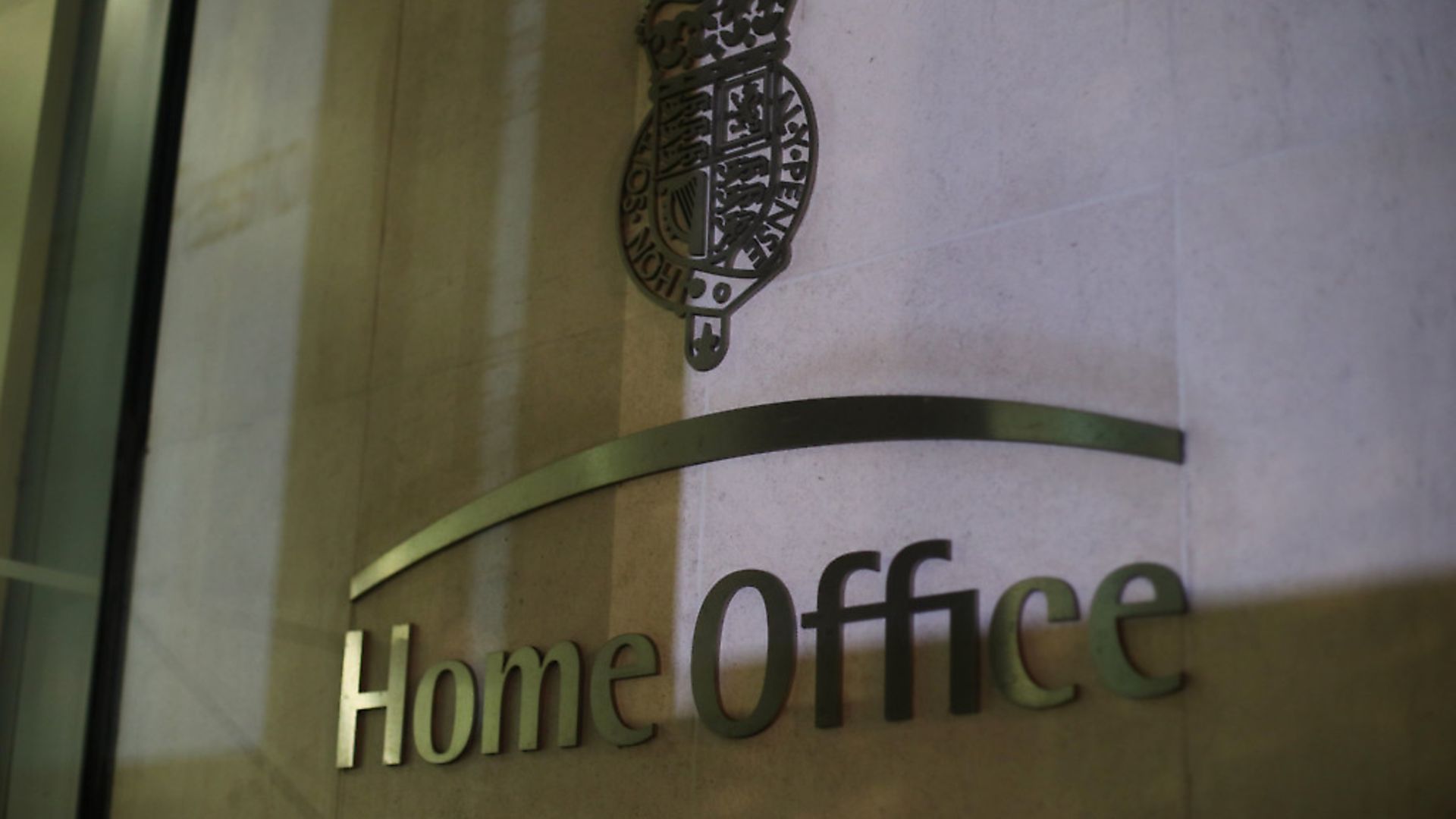
An academic has stood down from an independent advisory panel to the government after claiming that members were being politically vetted for their views on matters such as Brexit and Windrush.
Professor Alex Stevens has resigned his position on the Advisory Council on the Misuse of Drugs (ACMD), saying that the government’s vetting process compromised the independence of the council.
The criminal justice professor claimed that the government had rejected some potential panel members, who had already been deemed qualified by an independent board, on the basis of their social media posts critical of government policy.
“To my mind that means that it’s no longer an independent council, which is why I resigned,” said Stevens.
He told BBC Radio 4’s Today programme that he feared the panel’s work, which is unpaid, would be compromised by politicised appointments.
He said: “My fear is that in future if only people who happen to agree with the government on its council, then that will reduce the quality of its work.”
Potential members to the ACMD are recommended by an independent group set up after an outcry over the dismissal of David Nutt by the then-Labour government in 2009.
Nutt had, too, given a speech on drug policy which countered the government’s line.
But Stevens told Today that even panel members’ views on unrelated issues, such as Brexit, Windrush, and diversity issues, were now being vetted by ministers.
In June, drugs expert Niamh Eastwood was vetoed by ministers for tweets which criticised government policy.
After this, correspondence was exposed by the Guardian that showed the wide net cast by government vetting.
Stevens explained that this had happened when Sajid Javid was Home Secretary, but that he hoped Priti Patel’s office would provide new assurances that “suitably qualified” panel appointments will be made “even if they haven’t been found to have expressed opinions contrary to government policy in other areas”.
But he said that despite the new home secretary, the government is still not transparent about its processes.
A spokesperson for the Home Office told the BBC that appointments were made “after appropriate checks on their suitability”.
Stevens clarified that he thought some social media checks are appropriate. “If people are found to have made racist, homophobic or misogynist statements in the past, then I would see why they wouldn’t be considered appropriate,” he said.
In 2018, Spectator columnist Toby Young was appointed to the Office for Students before resigning after a number of offensive tweets came to light.
But, said Stevens, “that is certainly not the case here”.









